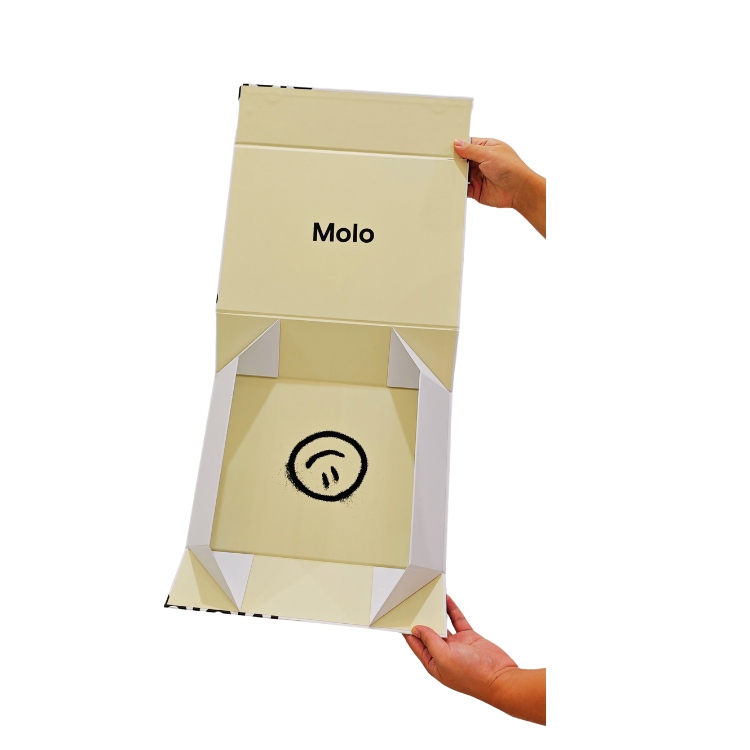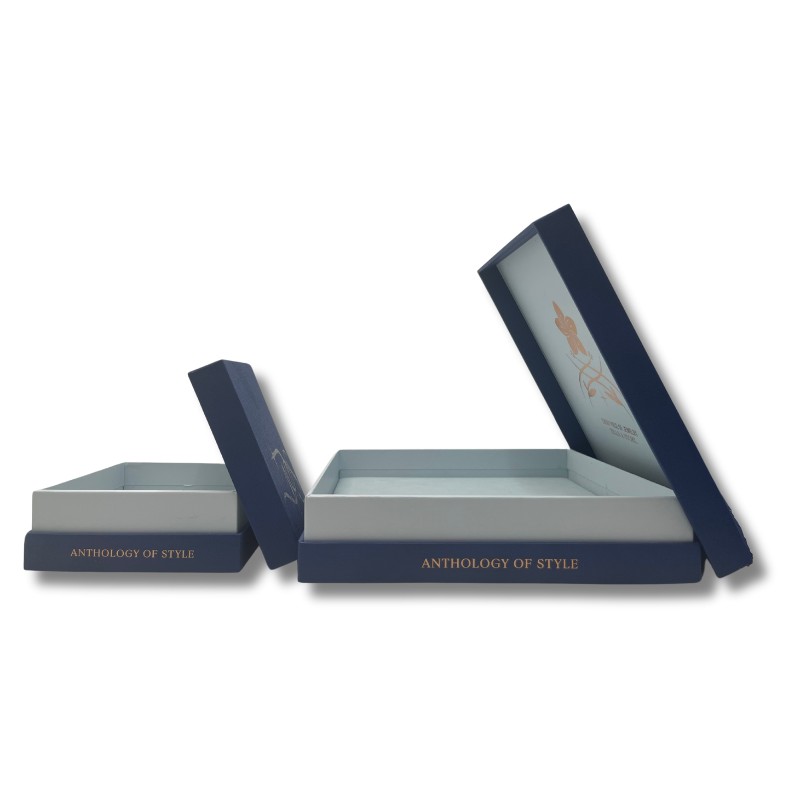Contact Us

Contact Us


Guangzhou Huaisheng Packaging Co.,Ltd.
We provide customers with quality products and provide high-quality services.
If you would like to leave us a comment please go to contact us
+86-18122240089

Choosing the right packaging for your products is a crucial step in ensuring that your items are protected, presented well, and meet your customer expectations. Two of the most popular packaging solutions for businesses are folding boxes and rigid boxes. Both offer unique advantages, but selecting the right one depends on factors such as durability, presentation, cost, and the nature of your product. In this guide, we will compare folding boxes and rigid boxes, helping you decide which option is best for your product packaging needs.
Folding boxes are made from lightweight, flexible materials, usually paperboard or cardboard, which can be folded flat for storage and shipping. They are commonly used for a wide range of products, from cosmetics to food packaging. Folding boxes are known for their cost-effectiveness and easy customization, making them an ideal choice for brands that need functional packaging on a budget.

Rigid boxes, often referred to as setup boxes, are made from thick, sturdy materials like chipboard, which are wrapped in a paper or fabric layer. Unlike folding boxes, rigid boxes do not fold and are often used for premium or luxury items. These boxes offer more protection and a higher-end appearance, making them ideal for products that need to stand out.

The first step in deciding which box to use is to consider the type of product you're packaging. If you're selling fragile or valuable items like jewelry or electronics, rigid boxes are a better option due to their superior durability. On the other hand, folding boxes are great for lightweight, non-fragile products like cosmetics or food items.
If your goal is to create a high-end experience for your customers, rigid boxes offer a more luxurious unboxing experience. They are often associated with premium or high-value products, which can enhance your brand image. For more everyday products, folding boxes may suffice and still provide an attractive packaging solution at a lower cost.
Cost is a significant factor in packaging decisions. Folding boxes are much more affordable, making them ideal for high-volume products with a lower price point. However, if your product is high-end, the added expense of rigid boxes may be justified to enhance the perceived value and presentation.
Folding boxes offer better storage efficiency as they can be flat-packed, which saves space and reduces shipping costs. If you're working with a tight budget or need to ship in bulk, folding boxes are an excellent option. Rigid boxes, however, take up more space and may increase shipping expenses.
Sustainability is becoming an increasingly important factor for many businesses. If eco-friendliness is a priority for your brand, folding boxes made from recyclable materials are often a better choice. While rigid boxes can also be made from sustainable materials, they are less eco-friendly due to their bulkier design and manufacturing process.
Folding boxes are ideal when:
Rigid boxes are best when:
Both folding boxes and rigid boxes offer distinct advantages, and the right choice ultimately depends on your product, brand image, and budget. Folding boxes are ideal for cost-conscious businesses or products that don't require high protection, while rigid boxes provide durability and luxury appeal for premium items. By understanding the key differences, you can make an informed decision that aligns with your brand's goals and your product's needs.
